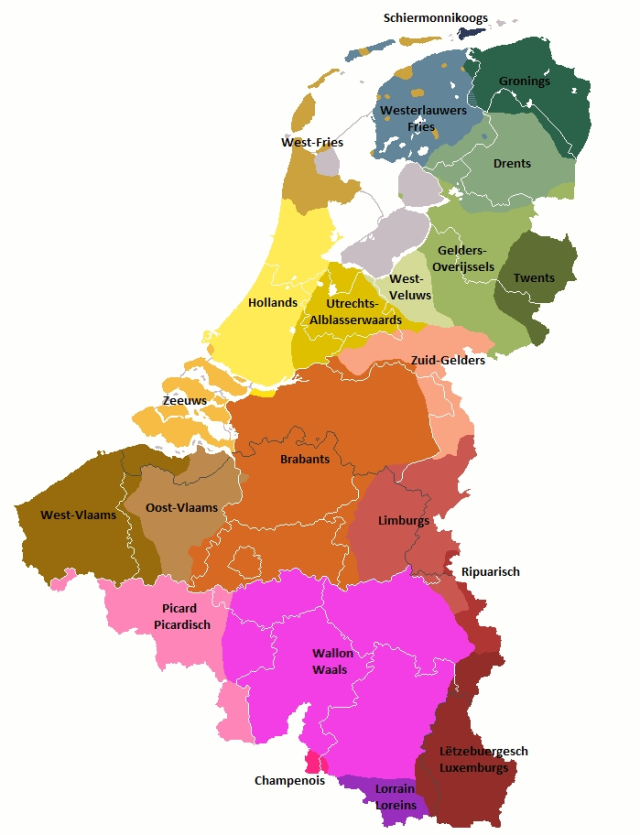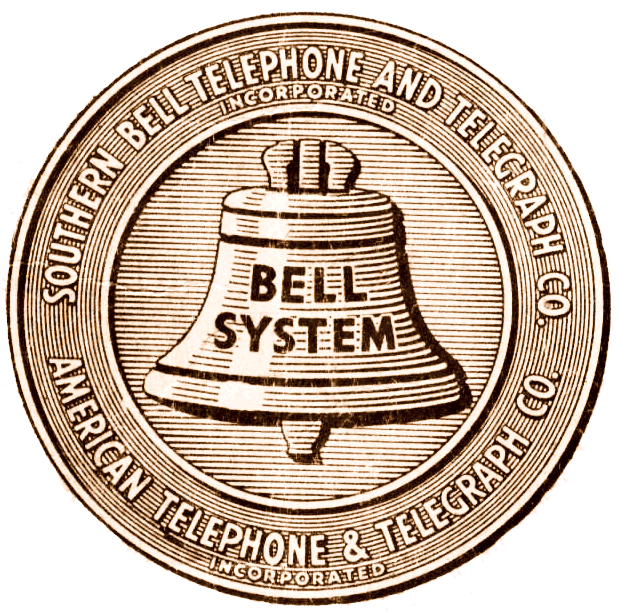Not sure if mentioned in reddit since I dont go there but this originates from a web comic http://sssscomic.com
It is pretty cool comic, check it out
ETA: context lol
Stand Still Stay Silent is bleak as fuck but I ended up loving it because of Lalli and Reynir
Sadly, ended in 2022 because the author decided “Chick Tracts but cute” (it’s called Lovely People if you’re curious/crazy enough to check it out) was a better use of her time. 😔
2022 update: Since SSSS has now ended you’ll be able to find me and my future comic projects through. my personal artist website. I might remember to update this spot once I start my next larger comic project (which will certainly be very influenced by my newfound Christian outlook on life and meaning.)
Oh, fuck, no you were serious
I’m very sorry you had to find out this way
Fun fact, despite being more closely related, German is considered somewhat harder to learn for English speakers than Romance languages (Spanish, French, Italian, Romanian). Due to historical events, conquests, migration, etc, more than half of our vocabulary derives from Latin (and a good chunk of that is from French).
OK, maybe I’m wrong, but that seems to be a MASSIVE miscomprehension of the relationship between West Germanic and olde French.
In fact, modern German is arguably EASIER to learn for English-speakers due to all the common grammar and sentence structure.
I’m just going by the FSI rankings. Romance languages are “Category 1” necessitating 600-750 class hours. German is “Category 2” needing 900 hours.
I think vocabulary is more important anyhow, if you know the words you can piece together the meaning even if it’s in a strange order. If you don’t, the order doesn’t really matter at all.
disagree with your last point. you need to know the basic rules to use the words you know. but rules aren’t as numerous as all the words, so you usually get grammar out of the way and it’s all about vocabulary.
one thing about german though is that even vocabulary is more complicated because every noun comes with an article you need to memorize as well, in less intuitive ways than romance languages.
Sure but IMO understanding a language is a bigger and more important part of language learning than speaking. Being able to understand far, far, better than you can speak is very common among language learners. You need a foundation to draw upon before you can really effectively speak. And by then you’ll usually have gotten at least the very basics of the grammar down.
i think it’s the other way though. you’ll understand a language better once you have the basics of grammar down. that’s the foundation. and you learn words as you go along. that’s why auto-translation between languages that aren’t grammatically similar is so tough. the software has all the words, but it’s not easy to figure out the grammar so they can’t always make sense of sentences (or worse, they can often get the opposite meaning).
I mean you have a point but I still think a language with very different grammar but similar vocabulary is going to be miles easier than one with similar grammar but a small shared vocabulary.
And in my experience learning Spanish through basically just listening to it (a bit oversimplified, but I never have studied grammar nor have been explicitly taught vocab nor had translation) I picked up on the meaning through words way before I had any confidence in grammar. Of course I was getting a feel for the grammar the whole way little by little though.
How is the article less intuitive than in romance languages? They both have fairly arbitrary attributions.
in most languages I’m familiar with there are two (masculine and feminine) and you can usually tell which ones are feminine because of the construction of the word. German has this to a degree with feminine words, but it’s not that consistent and the das/der distinction is, well, not even there. feels completely random to an outsider like me.
Almost half of them are spoken in single country India.
Where does Latin fit in?
From Wikipedia:
Latin is a classical language belonging to the Italic branch of the Indo-European languages.
It’s basically the thick romance branch.
Chinese? Japanese? Vietnamese? Hawaiian? Aboriginal Australian? Navajo?
Those are of different language trees and are unrelated, though some researchers have tried to claim that Chinese and other Asiatic languages share a common ancestor with these, it’s not widely accepted and nearly impossible to prove.
Why is there Uralic then?
Old World likely referring to Europe. Except they had to include Middle East and South Asia, because it’s the same language tree.
Notably there’s no Georgian, because it’s also it’s own language tree but is not in Europe. But the Caucasus is part of the old world. And Georgia is a candidate country for the EU.
You know what, it doesn’t make sense either way.
“Old world” because this is from a post-apocalyptic webcomic. It’s taking place somewhere in Scandinavia.
These are indo-european languages, I am sure you could do one for sino-tibetan if you feel like it.
Then where’s Tamil, Telugu, Kannada and Malayalam. Thought I’d see it around Sinhalese but they’re missing. No south india representation :(
They’re not missing, they just belong to an entirely different family. These are Dravidian languages, not Indo-European.
Fascinating, and what about Basque?
Basque is a language isolate and is thought to be unrelated to the Indo-European languages in this graphic.
Should be with the celtic languages I believe.
considering theres a small uralic bush the inconsistency is reasonable to point out
Sure but it also seems a bit, I dunno, silly. Sure, you could do a whole forest if you wanted to, and the name ‘old world languages’ is kinda dumb, as this is just two language families - but it’s still a neat visualisation. It’s not some conspiracy.
yea depending on how nitpicky you wanna get you can even point out that some language families are intercontinental between eurasia and the americas (not talking about colonialization, theres some related siberian and canadian languages iirc), but its pretty clear that this is supposed to be a general overview and pie languages do well enough for that
I would guess that none of those are “old world languages”. Those would be on a completely separate tree.
Old world == afroeurasia
Old world except for most of the world
Its from a post-apocalyptic comic taking place somewhere in Scandinavia.
i was gonna say the same thing but to be fair the image itself is properly titled: this is a guide to nordic languages in their old world families.
I was just going by the post title rather than what’s in the image.
yeah, that’s why i said i was going to say the same thing, but the image itself is specifying the scope so I wanted to clarify.
What is “year 0”?
This is from an online comic called Stand Still, Stay Silent. Year 0 is the year, well, the year everything changed for the Nordic countries.
It’s a gorgeous story, for any who might be interested!
Here’s the full original comic page of the map:
I thought of that but, no, that tree includes languages that didn’t exist then.
Ahh, yes, the Albanian Albanian branch is my personal favourite.
Fun Fact: I believe that one running hypothesis relating to the origin of the Indo-European Languages traces its lineage back to the Yamnaya culture. ‘Yamnaya’ in Russian (‘Я́мная’) translates to “relating to pits”, because some of the most noteable artifacts of this culture are their pit burial sites.
I’m still reading about them atm.
What is the accent on Я? (I’m a beginner Russian student and never cane across that so far)
Thanks, but I’m specifically asking about Я̀ vs Я. I’ve never seen the variant with an accent before and the wiki page for it seems to be missing.
My knowledge of Cyrillic is fleeting, and I’m mostly going off Wikipedia pages, so I hope someone who actually knows Russian can answer better.
The main Cyrillic Wikipedia page says that is the acute accent (check the Diacritics section). It says it marks stress on a vowel. I don’t know what that means though, so that’s as far as I can help.
So this is a huge pet peeve of mine: Flemish is not a separate language. It refers to a region inside of Belgium where Dutch is the official language. The Dutch and the Flemish share the same standard language.
I know dialects exist, and those can be considered a language on their own, but there is no unified Flemish dialect. West-Flemish for example is distinctly different from other dialects spoken in Flanders like Brabandic or Limburgish, and variants of Limburgish and Brabandic dialects are spoken in large areas of the Netherlands as well. So it doesn’t make sense to create a distinction between “Dutch” and “Flemish”.

The differences are on the level of American English vs. Australian English vs. British English. Or Austrian German vs. Swiss German vs. Bavarian German vs. North German … So if those are not singled out, it doesn’t make sense to separate Flemish from Dutch.








